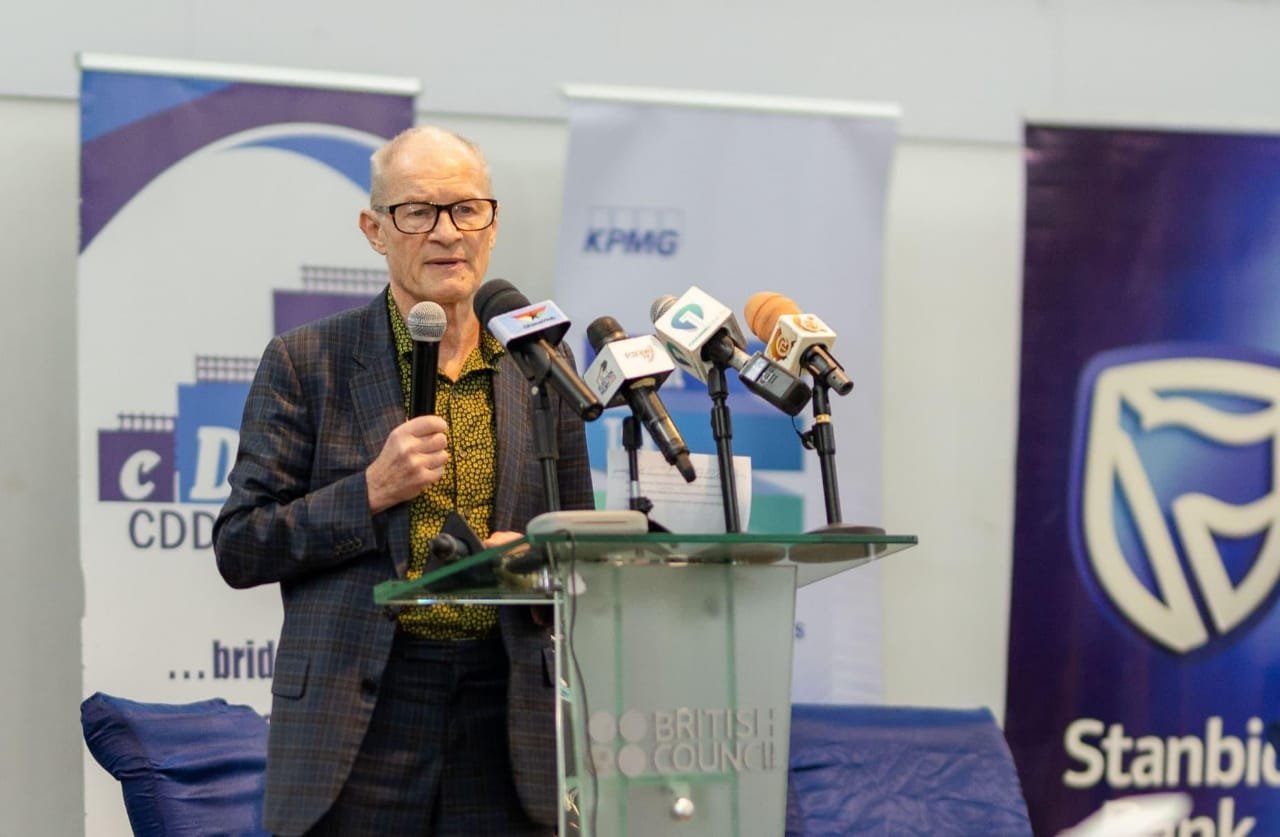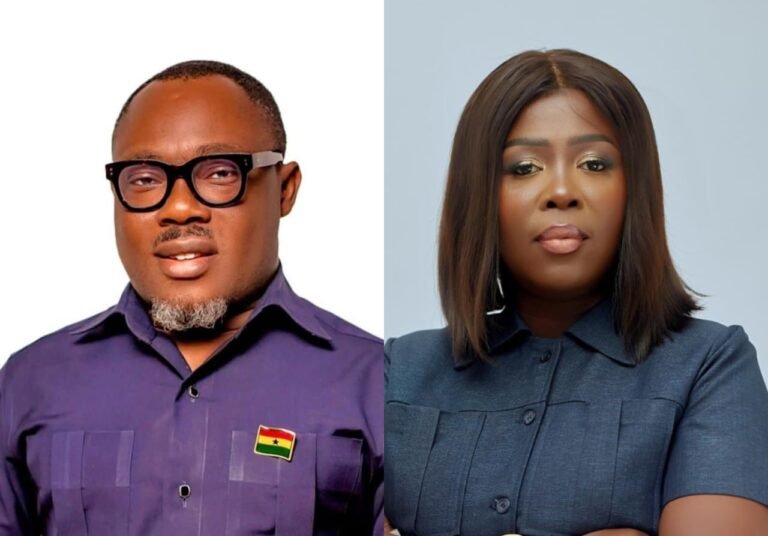
By Bright Philip Donkor
Professor Jeffrey Haynes, Emeritus Professor of Politics at London Metropolitan University, has lauded Ghana for its distinctive integration of religious influence in nation building and its role in fostering social cohesion and political stability across the African continent.
 He gave the commendation during his presentation on the topic ‘Religion and Liberal Democracy in the Fourth Republic’ at the 19th ‘Kronti ne Akwamu’ (Democracy and Good Governance) Public Lecture, hosted by the Center for Democratic Development-Ghana (CDD-Ghana), held at the British Council Auditorium, Accra.
He gave the commendation during his presentation on the topic ‘Religion and Liberal Democracy in the Fourth Republic’ at the 19th ‘Kronti ne Akwamu’ (Democracy and Good Governance) Public Lecture, hosted by the Center for Democratic Development-Ghana (CDD-Ghana), held at the British Council Auditorium, Accra.
“I want to emphasize that Ghana stands out among African nations for the unique role religion has played in nation building. Ghana is one of the few countries on the continent where religion has contributed constructively to the social fabric and political stability, rather than sowing division,” he stated. He indicated that in contrast to many nations where religious differences had fueled conflict and division, Ghana served as an example of how faith communities could contribute constructively to the national fabric.
 Unifying force
Unifying force
Prof. Haynes highlighted that Ghana was one of the few countries on the continent where religion had acted as a unifying force rather than a source of strife. “Since the establishment of the Fourth Republic, Ghana has maintained a continuous liberal democracy for over 30 years—an impressive feat on a continent where democratic backsliding is not uncommon,” he remarked. This stability, he suggested, was partially due to the harmonious coexistence of religious groups and their collective involvement in promoting democratic governance.
According to Prof. Haynes, the symbiotic relationship between religion and democracy in Ghana cannot be overstated. In his view, religious leaders and institutions had historically played active roles in mediating political tensions and advocating peace, particularly during periods of electoral uncertainty. He added that these efforts had contributed to an enduring atmosphere of stability, even as the nation navigates its challenges.
“While our democracy is not without flaws, Ghana remains a beacon of democratic values and governance in Africa,” he added. Prof. Haynes acknowledged that issues such as corruption and economic inequality still posed significant hurdles, but he praised Ghana’s resilience and commitment to democratic principles.
 Interplay
Interplay
He believed it was crucial to understand the interplay between religion and politics in Ghana. “Religion has had a unifying effect, unlike in many societies where it often serves as a source of division. My discussion tonight begins with the Fourth Republic period, which followed a decade of military rule under the PNDC, led by Jerry John Rawlings. During this era, the state exercised significant control over religion, often suppressing religious expression. However, with the advent of democracy, religious groups seized the opportunity to have a voice in national debates and issues of public concern,” he said.
He stressed that while religious groups in Ghana may not always agree, the overall impact had been to foster harmony rather than discord. “When I talk about a ‘liberal democracy’, I mean a democratic system that extends beyond mere voting. It encompasses a wide array of freedoms that many Ghanaians enjoy, although some of these liberties now face potential threats. As we move forward, the relationship between religion and politics will remain critical in shaping our democratic landscape.
“From independence in 1957, Ghana’s political leaders have often intertwined their visions with religious ideals. Kwame Nkrumah, the first president, famously invoked spiritual metaphors in his quest for independence. Yet, over the years, questions about governance, transparency, and corruption have persisted. This is not an indictment of any single government but rather an observation of a pattern that has developed over time,” he remarked.
 Stability
Stability
He reiterated that since the inauguration of the Fourth Republic in 1993, Ghana had stood out as one of the few countries on the continent to maintain continuous liberal democracy. The nation’s religious demographics, he noted, reflected a Christian majority of approximately 70% and a significant Muslim minority of around 20%.
He further explained that African traditional religions and ‘other religions’ accounted for about 5% of the population, while roughly 4% of Ghanaians were ‘religious nones’—those who do not affiliate with any religion. These statistics, he believed, illustrated the diverse yet harmonious religious landscape that has characterized Ghana since it attained independence in 1957.
“Ghana has had harmonious inter-faith relations since independence,” he said, emphasizing the nation’s collective commitment to maintaining religious peace. As the country approaches the 2024 general elections, he underscored the importance of preserving this harmony, despite the potential for tension and division. He expressed confidence that most Ghanaians remain eager to uphold inter-religious unity.
 Mediation
Mediation
Prof. Haynes also acknowledged the pivotal role of religious leaders, both Christian and Muslim, in promoting peace. “Religious leaders make frequent public pleas for religious harmony,” he noted, commending these leaders for urging their followers and political actors not to incite instability or heighten pre-election tensions. These calls for restraint and understanding, he suggested, would continue to go a long way to help in maintaining social cohesion and mitigating conflict.
In his view, this approach could also help Ghana minimize the risk of religious tensions becoming a significant obstacle to the continuity of the country’s democracy following December’s elections and the inauguration of the new government in January 2025.





